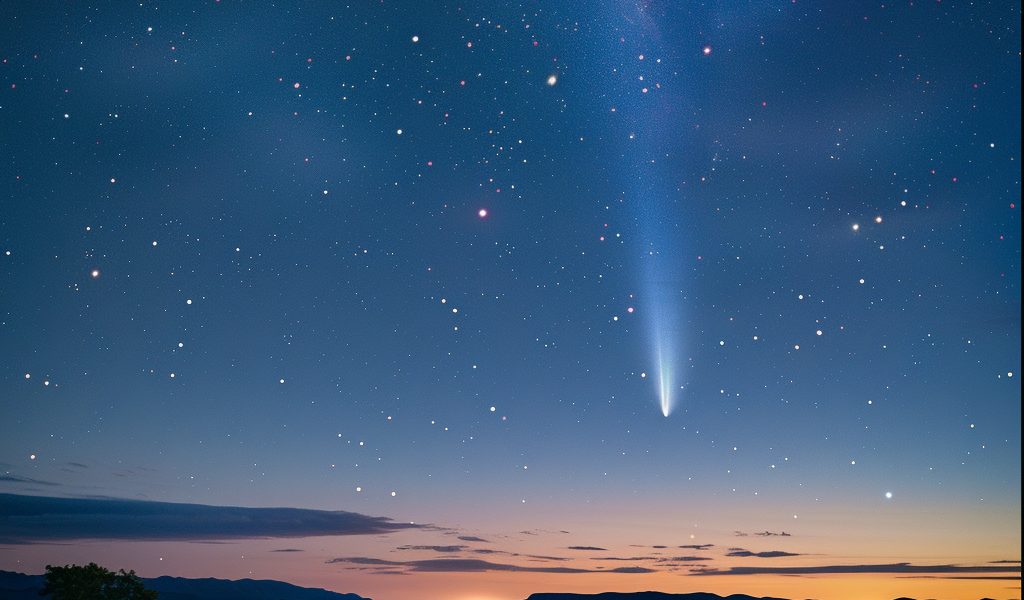Watch the Sky: March 2024 to Showcase Devil Comet, Worm Moon, Juno Asteroid, a Lunar Eclipse and More!
Do you feel yourself beginning to mimic your telescope, joylessly slouching down in disuse? Did a slow February worsen your sky-watching itch? Fear not, for things are about to turn real interesting — celestially speaking, of course — as we roll into March this year.
With the rare opportunity to watch the Devil comet elegantly drizzle down on the skies, and a deep-space galaxy-gazing “marathon” weekend, you can rest assured that your telescopes and binoculars will be catching no dust this month. Plus, March offers a front row to an especially rambunctious Moon with its many tantrums as well, so definitely watch out for that!
March’s astronomical spectacle starts with a rare glimpse into our solar system’s past. Initially mistaken for a planet, 3 Juno is a massive asteroid in the main section of the asteroid belt between Mars and Jupiter, and the third asteroid to ever be discovered! During this celestial alignment, Juno will be positioned opposite the Sun from Earth, making it easier to observe its reflective glow. This exciting opportunity offers a chance to witness a remnant from the early days of our solar system’s formation, although you will require a telescope or binoculars to spot the behemoth.
If you’ve always wanted to expand your sky-watching circle, this is the best time to find the nerdiest of folk for it! Started by a few American astronomers in the 1970s, many amateur astronomers embark on the “Messier Marathon” once a year to try and spot a catalogue of 110 deep-sky objects in one night. This ambitious annual endeavor typically takes place near the new moon between March and early April, capitalizing on the darkest skies for optimal viewing. Mark your calendars for this weekend, as the upcoming new moon will present the perfect opportunity to embark on this cosmic scavenger hunt!
Despite being extremely close to the Earth, our lunar neighbor will storm away into the night sky, leaving stargazers with a darker sky to observe deep-sky objects. This event is ideal for astronomers and sky-watchers to indulge in observing the night sky without the bright moonlight interfering with the view.





